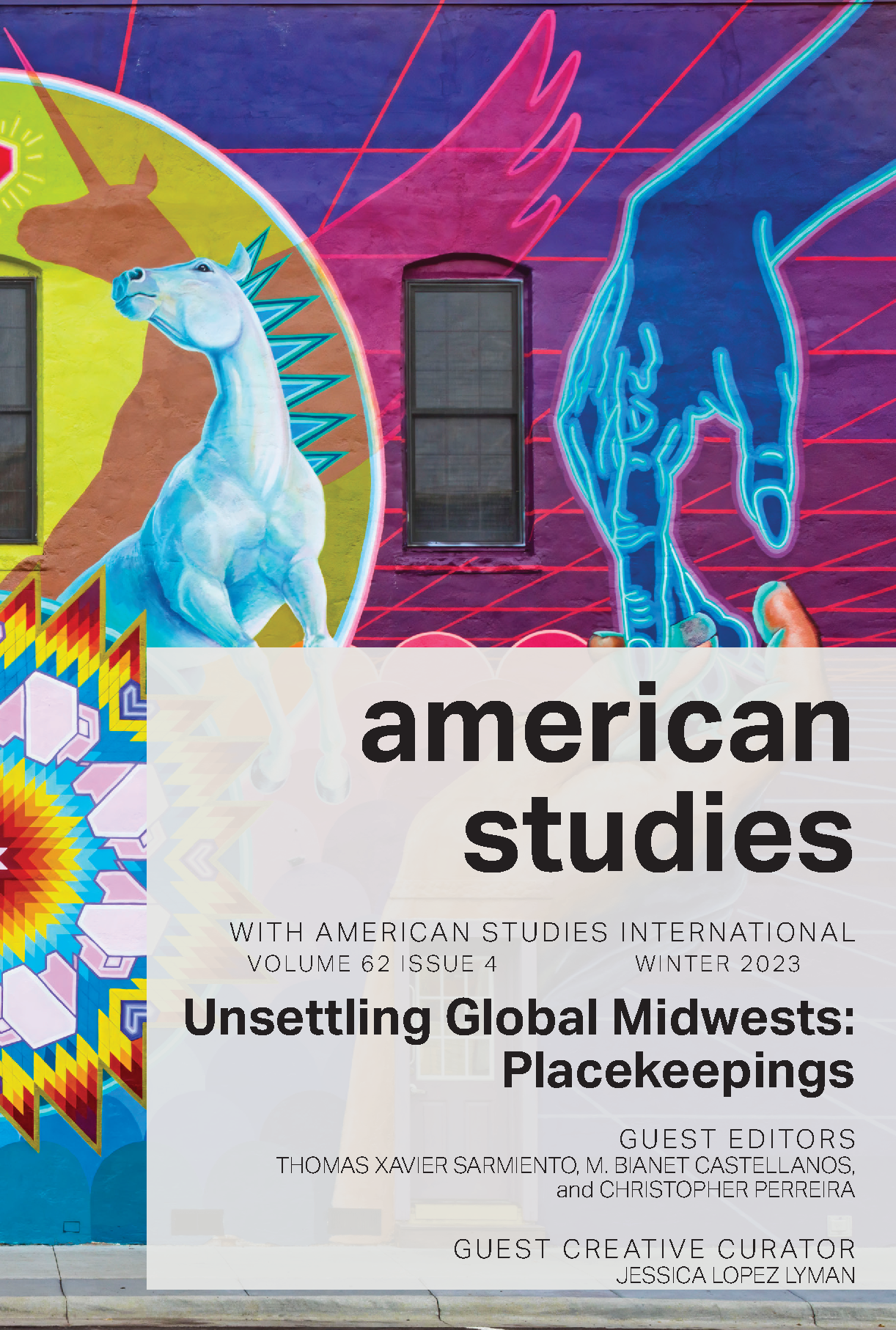Abstract
This article grapples with the Muslim refugee’s confrontation with US militarism and the neoliberal security state. It builds upon the scholarship in critical refugee studies and critical Muslim studies to argue that the Muslim refugee subject is a site of knowledge that unsettles the nation, race, and US empire. To do this, I examine the filmmaking practices of Musa Syeed, a Kashmiri Muslim American director, and his film, A Stray (2016). The movie presents the story of a young Somali Muslim refugee in Minneapolis as he struggles with navigating loss, displacement, and feelings of not belonging in an anti-Muslim city wherein policing and surveillance create conditions of immobility and precarity. In bringing these two fields into conversation with one another, my reading of the film, ultimately, reveals the relationship between humanitarianism and militarism in creating the everyday conditions that Muslim refugees experience. Relatedly, this article takes seriously the Muslim refugees’ practices of knowledge- and place-making when confronted with anti-Muslim racism. These practices are illuminated in the ways in which Syeed positions specific Islamic objects in certain scenes as well as in the narration of the films plot. I suggest that Syeed offers a cinematic prayer for Muslims displaced by colonialism, warfare, and military occupation. Through my discussion of the film, this cinematic prayer reveals how politics and religiosity are inseparable and necessary for the Muslim refugee in the struggle against anti-Muslim racism, military occupation, and US imperialism. In my reading of A Stray, Minneapolis becomes a site of Afro-Asian solidarity whereby Kashmiri and Somali Muslims contend with their shared and overlapping histories of displacement by finding refuge not within the US empire but with Islam.
All items © Mid-America American Studies Association
Authors: If you prefer to remove your text(s) from this database please contact the editor.

